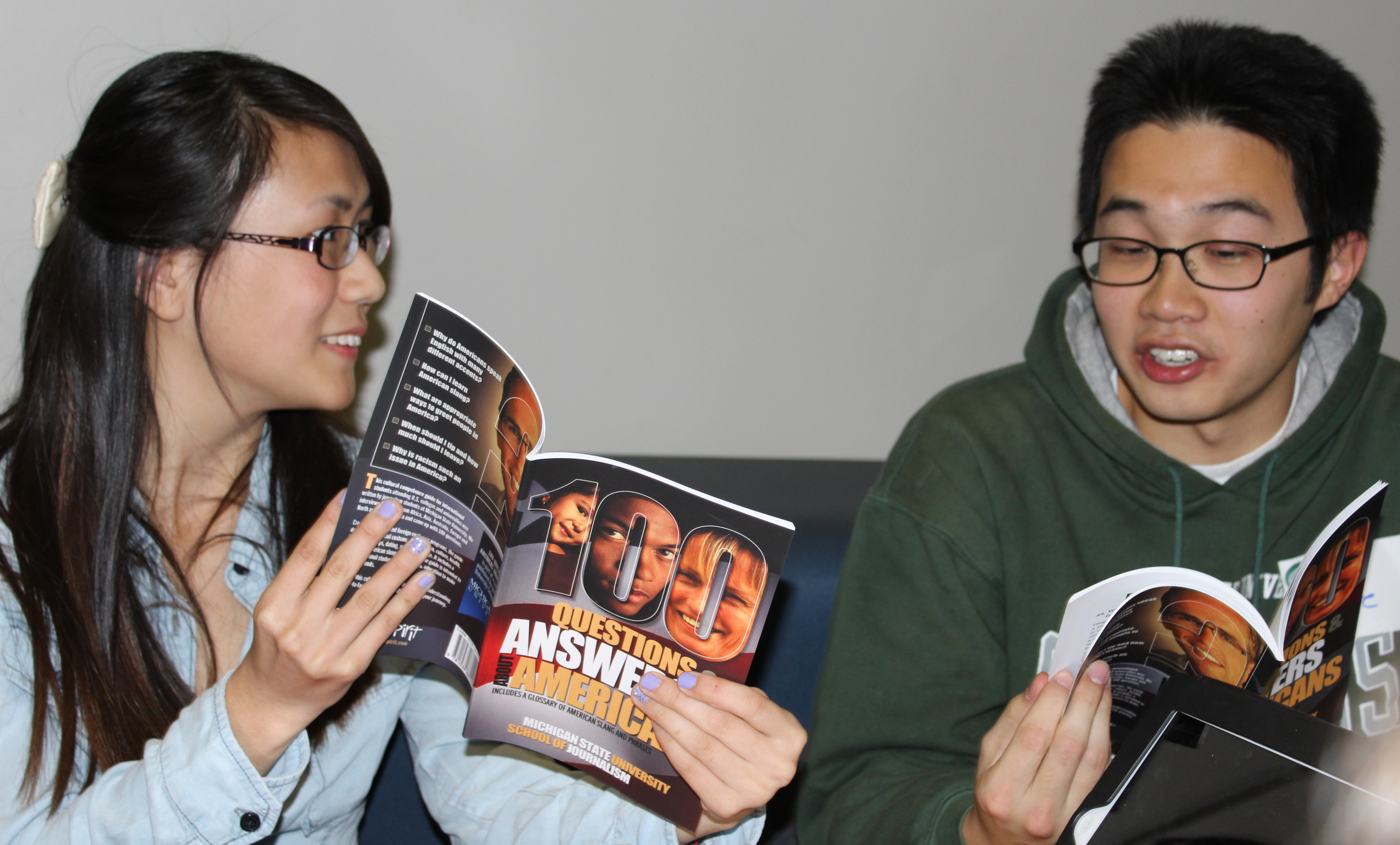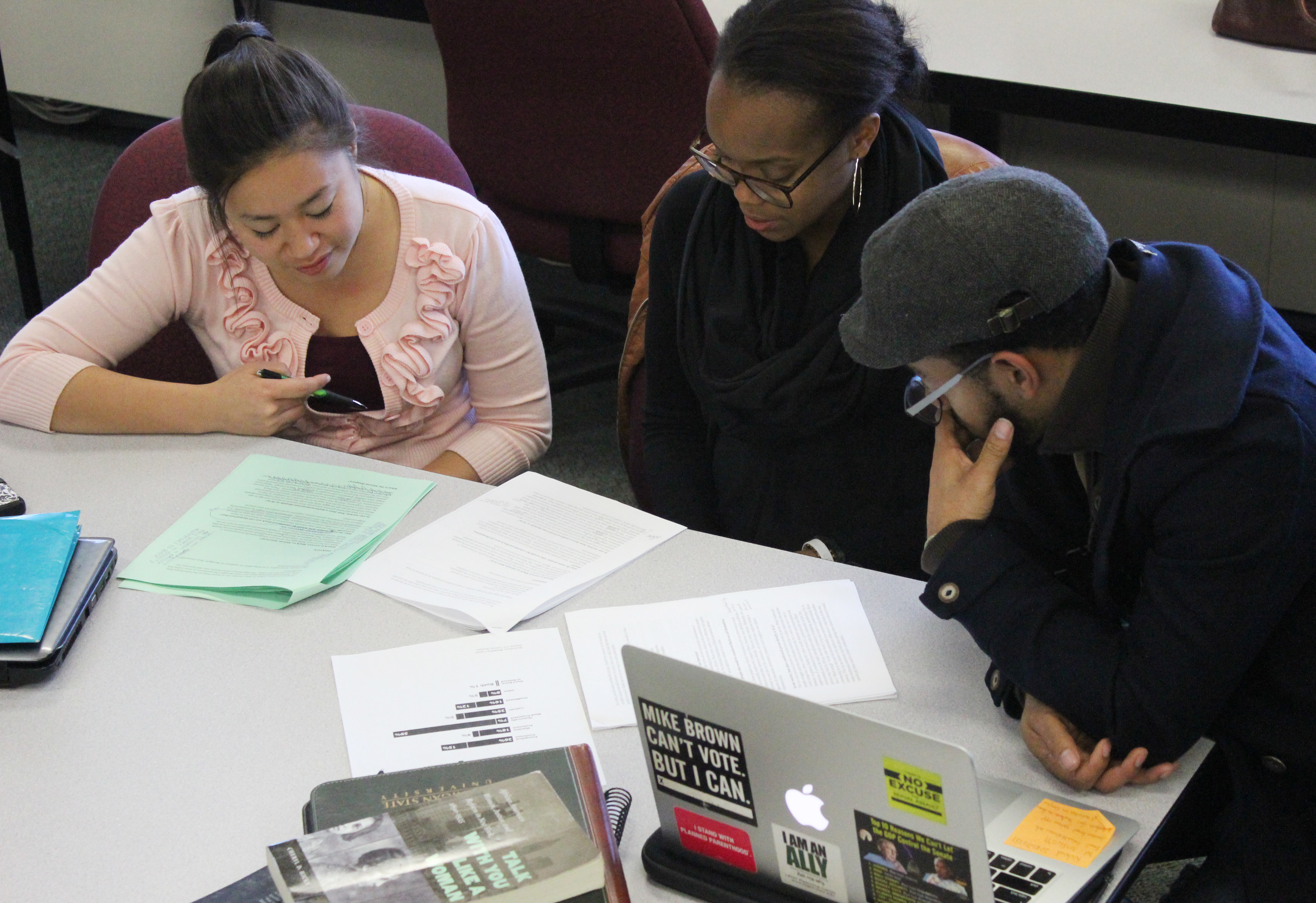Joe Grimm is Editor-In-Residence and Professor at MSU School of Journalism.
A person can learn a lot from just one question. Imagine what 1,000 questions can teach.
Students in a Michigan State University journalism class called Bias Busters have now asked -- and answered – 1,000 questions. These have become 10 guides in a series designed to increase cultural competence.
Titles include “100 Questions About Hispanics and Latinos” and “100 Questions About East Asian Cultures.” Other guides have been about American Jews, gender identity, veterans and Americans.
The students begin by interviewing members of the group they are writing about. For most guides, the students ask people what they wish others knew about them, or what biases they encounter. The classes come back with plenty of questions and then narrow them down to the 100 best. They are looking for the basic, everyday questions that people wonder about. Often, people are afraid to ask questions because they don’t want to seem ignorant or insensitive.
So, the students compile the questions and then turn to research and experts for answers. Guests have come to the class. Students have visited a mosque, a synagogue and the Chaldean Cultural Center. They have had long interviews with veterans, transgender people and police. Once written, members of the community both locally and nationally check the guides for accuracy. They are then published in print and online editions. Guides have included videos, audio, charts, maps and motion graphics.
We hope that, with biases dispelled and knowledge gaps filled, readers will feel more confident learning more on their own.
Some questions surprised us.
Muslim Americans said they felt a barrier when people mispronounced Muslim. We wrote an explanation explaining that and included an audio file so readers could listen. We also used a recording to explain the “Black National Anthem.” African American sources said they hear so many questions about their hair that we made a video about that. The guides on immigrants and veterans link to videos of personal stories.
What we learned by seeking answers to 1,000 questions
For all the differences that we and others focus on, people are largely alike. All people want respect, freedom and a better life for their children. They want to be safe, clean and healthy. They want fulfilling jobs and loving families. They want to be understood and to be allowed to live as they authentically are.
The more we talk to people who seem different from ourselves, the more it is clear that our similarities outnumber our differences.
(You can find the Bias Busters here: http://amzn.to/1lFt3rf. Ten of the 12 guides have been published by MSU students. New guides planned for 2018 are about police officers, sexual orientation, Chaldean Americans, a double guide about Millennials and Gen X, and human trafficking.)

